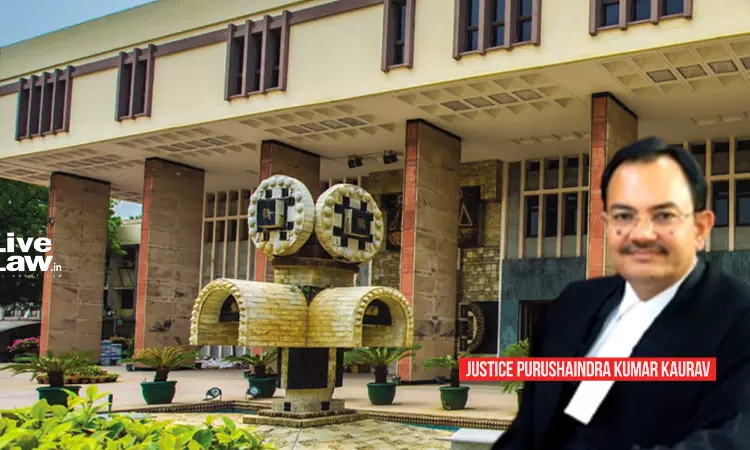The Delhi High Court Bench comprising of Justice Purushaindra Kumar Kaurav, while adjudicating a petition filed in Vineet Saraf v Rural Electrification Corporation Ltd., has refused to issue a Writ of Prohibition to prevent the creditor from approaching the NCLT under Section 95 of IBC against the personal guarantor. On the issue of whether a writ of prohibition can be issued to...

